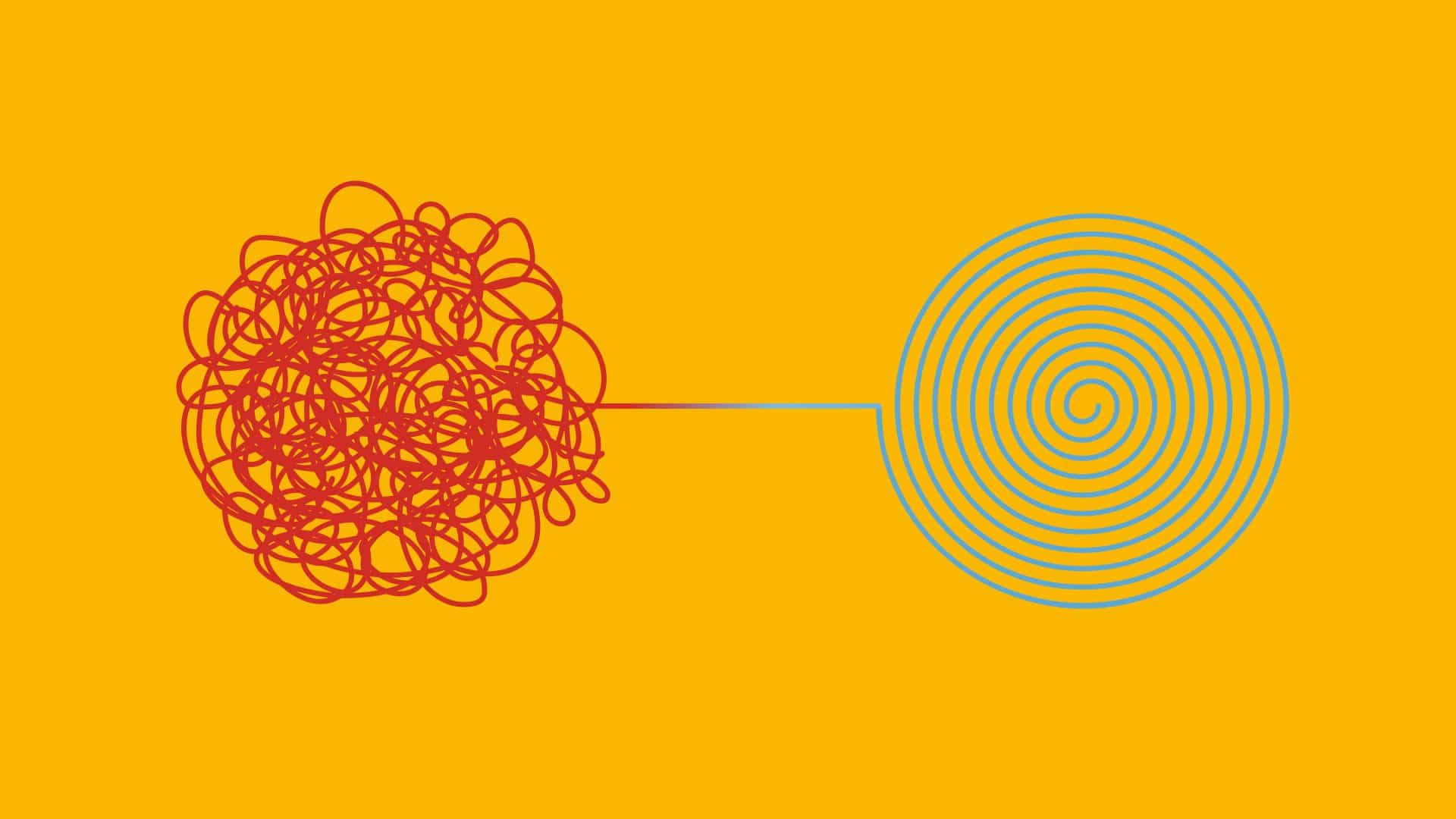Zeaxanthin
Zeaxanthin, like Lutein, must be obtained through the diet because the body cannot produce it on its own. It is present in many foods, including fruits and vegetables such as peppers, corn, oranges, eggs, and spinach.
Eye Health
Zeaxanthin, along with Lutein, is concentrated in the macula, a part of the retina responsible for central vision. These two Carotenoids protect the macula by absorbing some of the (potentially harmful) blue light entering the eye and acting as antioxidants to protect against oxidative damage. This can help prevent or delay the progression of age-related macular degeneration (AMD) and cataracts.
Antioxidant Properties
Zeaxanthin is a powerful antioxidant that can help protect the body’s cells from damage caused by free radicals.
Skin Health
Some research suggests that Zeaxanthin may help protect the skin from UV damage, reducing inflammation and improving skin hydration and elasticity.
Brain Health
Some research suggests that Zeaxanthin may play a role in maintaining cognitive health. Studies have shown that individuals with higher levels of Zeaxanthin in their blood or diet have a lower risk of developing neurodegenerative diseases such as Alzheimer’s.
As always, it is important to consult a health care professional before starting any new supplement or treatment. Zeaxanthin is generally considered safe, but it can interact with some medications and may not be suitable for all people.
Sofia
My name is Sofia, and I am a Blogger. I write posts about dietary supplements, including their health benefits, recommended uses, potential interactions, and side effects. To report any inaccuracies, errors, or typos, feel free to write to me at redazione@encanto.it.
Related Contents
Skin health supplement
A potent combination of Marine Collagen, Hyaluronic Acid and reduced Glutathione to fight aging and improve skin, hair and nail health.
Mela Annurca supplement
Our Mela Annurca (Annurtrofil) supplement is designed to fight hair loss and improve hair density and quality. With Procyanidine B2 and other active ingredients such as Biotin, Selenium and Zinc, it…
IN&OUT: an alliance between inside and outside
To translate this philosophy into practice, Encanto Nutraceuticals has developed Supplement formulations that fully embody the IN&OUT concept.
Glutathione
Glutathione is one of the most powerful Antioxidants in our body. It acts against free radicals, which are responsible for cell damage and premature aging; it also supports the body's detoxification…
Hyaluronic Acid
Hyaluronic Acid (HA) is a linear polysaccharide belonging to the glycosaminoglycans, formed by repeating units of D-glucuronic acid and N-acetyl-D-glucosamine. It is naturally present in the…
Marine Collagen
It represents the main component of the extracellular matrix in connective tissues and plays a crucial role in maintaining the structure, strength and integrity of skin, hair, nails, bone and…
Zinc Gluconate
Zinc Gluconate is a specific form of Zinc bound to Gluconic Acid, widely used in dietary supplements because of its good bioavailability and tolerability. Gluconate serves only as a vehicle: the Zinc…
Selenomethionine
Selenomethionine is the organic form of Selenium in which this essential trace element is bound to the amino acid Methionine. It is characterized by high bioavailability and is easily incorporated…
Phosphatidylcholine
Phosphatidylcholine is an essential phospholipid for maintaining the health of Cellular Membranes, promotes cell-to-cell communication and Lipid Metabolism. It supports Liver Function and promotes…
Polyphenols
In an era where nutrition takes a central place in health discourse, Polyphenols emerge as a group of key chemical compounds found in a variety of foods, celebrated for their potential beneficial…
Carotenoids
Carotenoids are a class of natural pigments found in many plant organisms and some animals. These compounds are responsible for vibrant colors such as red, orange and yellow in many fruits and…
